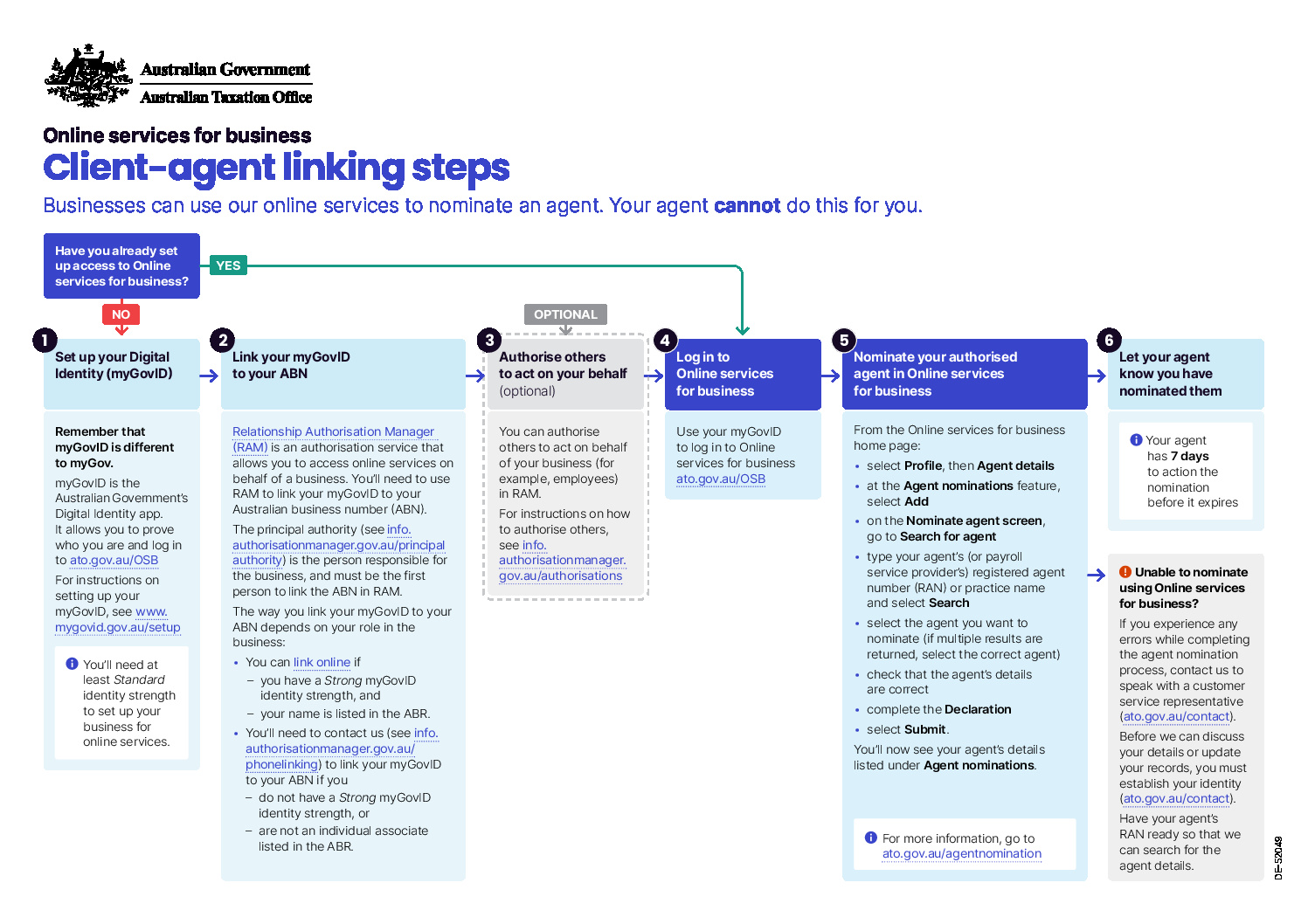Delegation is one of the most important management skills in business. Good delegation saves you time, develops your staff and motivates individuals. Poor delegation can cause frustration, stress, and confusion. This can be a contributing factor to failing to achieve the original desired outcome.
Effective delegation is critical for the survival of a successful business. Although it may be necessary, letting go of the wheel can be a very difficult task for some business owners. Some of the barriers you may have to pass in order to delegate effectively include:
- Not having the appropriate time to transfer the necessary knowledge
- Feeling like you need to do everything to make sure it gets done right
- Not having enough trust in the people around you to delegate to
While these are all legitimate barriers, you can adopt an effective delegation system into your business by using the following tips.
Tip 1: Know when to hold em’ Know when to fold em’
In every business setting there is information that can be delegated and information that cannot. Sensitive and confidential client information is best kept to the eyes of only a few whereas other general business information can be delegated without thinking twice.
Tip 2: Being fussy never hurt anyone
This step is one of the most important and at the same time is one of the most difficult to follow. It takes time to find people you can delegate to for a number of differing reasons:
- Trust
- Loyalty
- Necessary skills
- Work ethic
- Positive performance history
It may take some time but by being a little fussy you can make a good decision about who you choose to bring into the fold.
Tip 3: What’s a loop without staying in it
Now you have finalized your team and started to assign work, don’t get complacent and forget about it. Regular follow-ups are necessary and ensure the work is being done correctly and to your requirements.
On the other hand, you don’t want to micromanage your trusted team members but you should be kept in the loop for monitoring and improvement purposes. And as captain of this new team, you should remain available to all team members so you can address and resolve any potential questions or challenges.
Tip 4: Keep on rollin’
As your business changes, your delegation needs will also change. Every now and again, take a minute to look at what you have coming in and who you are delegating to. This way you can make decisions to increase team members or even outsource duties. By making this a regular event you will be ready to handle changes as they come.












